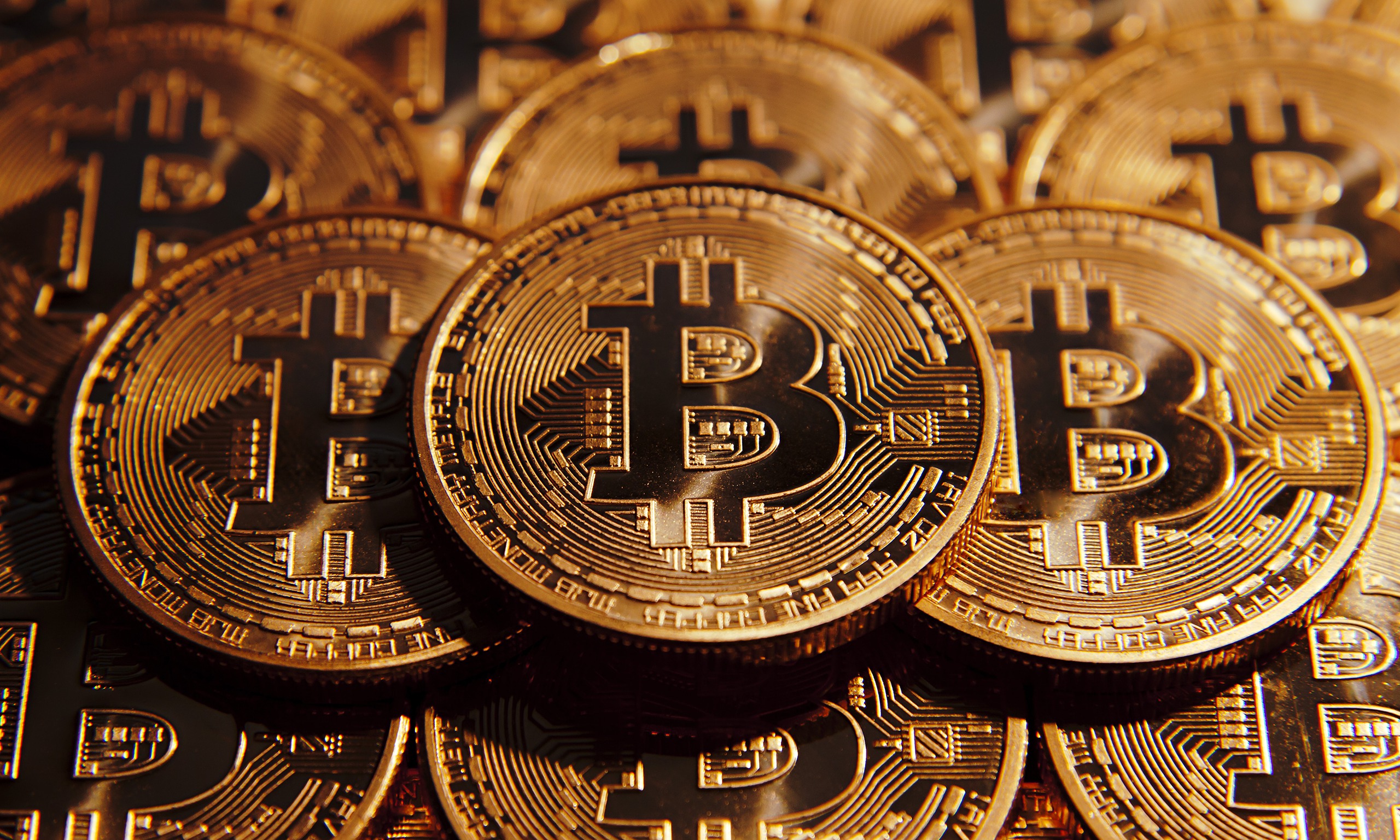
Together with the boom of the Initial Public Offerings (IPO) at the end of the 1990s, the presentation of the Bitcoin White Paper in 2008 and the activation of the blockchain-based Ethereum Platform in 2015, this years’ explosion of the Initial Coin Offerings (ICOs) on the market represents a major innovation in the financial markets.
What is an ICO? An ICO, also called “tokensale”, is the unregulated process used by the companies to sell investors the rights to the services or goods that they will produce in the future. Here lies the fundamental difference with its predecessors, the IPOs, through which a company sells its shares. The rights acquired through an ICO are recorded in the form of tokens, and their ownership is registered on a blockchain, a public ledger which is secured by inserting encrypted data. Moreover, these rights can be transferred and traded, and they appreciate and depreciate on the basis of how the company’s actions are received by the market.
The “tokensales” advent is relatively recent: the first ICO was held by Mastercoin in 2013, but the numbers skyrocketed this year as 400 ICOs have been launched until the beginning of October, which enabled companies to collect the outstanding sum of $1.8 billion.
However, due to its disruptive characteristic, this money-raising tool immediately opened a watershed among the players in the field. Venture capitalists and banks have, indeed, to face a competitor which offers companies a less restricted process to raise money, and therefore is becoming increasingly appealing to start-ups and affiliates. Entrepreneurs and business representatives are certainly tempted by the huge profit perspectives promised by ICOs, but on the other hand they are cautious with regard to a way of raising money which is often contaminated by fraud and scams. The ICOs is perceived as a double edged weapon that can open the doors of paradise for the one betting on it, or bring him on a highway to hell.
A cautious approach of regulators
In this contest, market regulators in the global arena share the difficult task to figure out how to channel the ICOs raise by taking a position and by working out a legislation that might set the potential and the limits of the phenomenon. For the moment, the balance is pending towards a rather negative vision: regulators across the world have indeed warned companies willing to embark onto an ICO that they may violate securities laws, and have cautioned investors that they might lose their entire stake.
The bullet was triggered by the Financial Conduct Authority (FCA), the UK market regulator, in a notice issued on September 12, 2017 : “You should be conscious of the risks involved and fully research the specific project if you are thinking about buying digital tokens. You should only invest in an ICO project if you are an experienced investor, confident in the quality of the ICO project itself (e.g. business plan, technology, people involved) and prepared to lose your entire stake”.
Then came the turn of the People’s Republic to China (PBoC). On September 12, 2017, a joint statement by the People’s Bank of China, China’s securities and banking regulators, and several other government departments invited individuals and organisations that have completed ICO fund raising to make arrangements to return the funds obtained over legality concerns. Chinese financial experts have indeed argued that “selling a cryptographic token which entitles the holder to a share of profits in a business could be a violation of financial regulations”.
The governmental decision aims at protecting investors’ interests, some argue. In an Op-Ed to Chinese-language newspaper Caixin, the PBoC’s advisor Sheng Songcheng argued that the governmental ICOs outlaw was necessary to prevent the chaos caused by lack of regulation. He wrote: “”I fully agree with the move to ban ICOs in China, and the calls for refunds to be made to investors. In my opinion, these actions are largely aimed at averting risk and protecting investors’ interests while also being an opportunity to further regulate trading of virtual currencies. Still, it is important for China to continue to encourage the current development direction of blockchain technology”.
Subsequently, on September 17, 2017 the Financial Services Commission (FSC), the South Korean regulator, issued an ICO ban in agreement with the Bank of Korea and the National Tax Service. FSC’s Vice-Chairman Kim Yong-beom has motivated the decision on the grounds that the plethora of ICOs had provoked a situation in which money was “flooded into a speculative and unproductive direction”. Other regulators have expressed less tough opinions.
The U.S. Securities and Exchange Commission (SEC) published its own ICO ruling last July, where it affirmed that “depending on the facts and circumstances, the offering may involve the offer and sale of securities” and that “if that is the case, the offer and sale of virtual coins or tokens must itself be registered with the SEC, or be performed pursuant to an exemption from registration”. However, in a second statement issued on September 29, 2017 Andrew M. Calamari, Director of the SEC’s New York Regional Office recalled that “investors should be wary of companies touting ICOs as a way to generate outsized returns” in order to avoid frauds.
Likewise, Monetary Authority of Singapore (MAS) clarified its regulatory position on the tokensales in an authority statement released on August 1st, 2017. The MAS took a cautious position on the issue, stating that “ICOs are vulnerable to money laundering and terrorist financing (ML/TF) risks due to the anonymous nature of the transactions, and the ease with which large sums of monies may be raised in a short period of time”. Furthermore, the statement argued that “MAS’ position of not regulating virtual currencies is similar to that of most jurisdictions”.
Also, the Hong Kong Securities and Futures Commission (SFC) has stated that all ICOs involving Hong Kong public fall under SFC regulation: “Where the digital tokens involved in an ICO fall under the definition of “securities”, dealing in or advising on the digital tokens, or managing or marketing a fund investing in such digital tokens, may constitute a “regulated activity” Parties engaging in a “regulated activity” are required to be licensed by or registered with the SFC irrespective of whether the parties involved are located in Hong Kong, so long as such business activities target the Hong Kong public”. As of October 2017, the European Union has not yet expressed on the ICOs regulation.
Russia and Japan on the other side of the regulators’ balance
Despite that Bank of Russia issued an opinion on ICOs by highlighting the “high risks” of exchanging cryptocurrencies and participating in ICOs, the final decision on the regularisation of the ICOs will be taken by the Ministry of Finance, which serves as the market regulator in the country. Russia’s Deputy Minister of Finance Alexei Moiseyev declared that the idea of having a crypto-currency testing platform in Moscow Exchange, where only qualified investors will be entitled to exchange in crypto-currency, was well received by the government and should be kicking off in early 2018. The Deputy Minister underlined that Russian authorities “really need to be able to track deals and transactions in these currencies”.
And last but not least, Japan is the only country currently effectively controlling the ICOs. The Financial Services Agency has declared that “it will put virtual currency exchanges operating in the country under full surveillance” starting October and that the FSA will “monitor whether the exchanges for bitcoin and other digital currencies have appropriate internal systems, including ones to protect customer assets” , also through on-site inspections. Furthermore, an FSA Executive stated that they pursue “both market fostering and regulation enforcement” and that they aim a sound market development – hence becoming the largest virtual currencies’ market on the global stage.
As claimed by the Director of the Shanghai-based financial technology consultancy Kapronasia Zennon Kapron, it might be suspected that regulators were capping the ICOs in order to test and get a deeper comprehension of the phenomenon in the beginning and loosen the tights in the future: “Regulators globally are struggling to understand what ICOs are, what the risks are, and how to ring-fence and regulate them. China, in many ways, is no different than the US or Singapore in saying: ‘OK, we need to push back on these for now until we figure out how to deal with them’. I think it will be slightly a temporary measure”.
The debate on the ICOs will grow in parallel with the raise of crypto assets
Moreover, ICO and blockchain experts are ready to provide governments and market regulators with insights on the needs of the business community in order to facilitate the transition. Viktor Shpakovsky, Co-founder of The Token Fund, a crypto asset investment vehicle, declared at the “Blockchain Solutions Forum” held in Barcelona on October 3rd: “Today we have a lot of people who are interested in investing in crypto assets, and a lot of people interested in doing fund management. What problems do funds and traders have? No tokenization. No smart contracts. Legal issues. Not much professional software. Little or no money under management. What problems do investors have? Shady funds and traders. Hidden portfolios. Lack of choice. Security issues. No fiat gateway”.
The Token Fund is developing the Tokenbox, which aims to become a secure platform for exchange for funders and traders and whose ICO is scheduled to start on October 24, 2017. The Tokenbox is just one among the solutions that the industry is conceiving to overcome legality issues raised by the ICOs, yet it will play a fundamental role to push the governmental authorities in encouraging a legalization of the phenomenon rather than striving to block it.
Therefore, in the future we can expect a wider and growing debate on the regularisation of the ICOs which will involve the financial markets players at the global stage.



